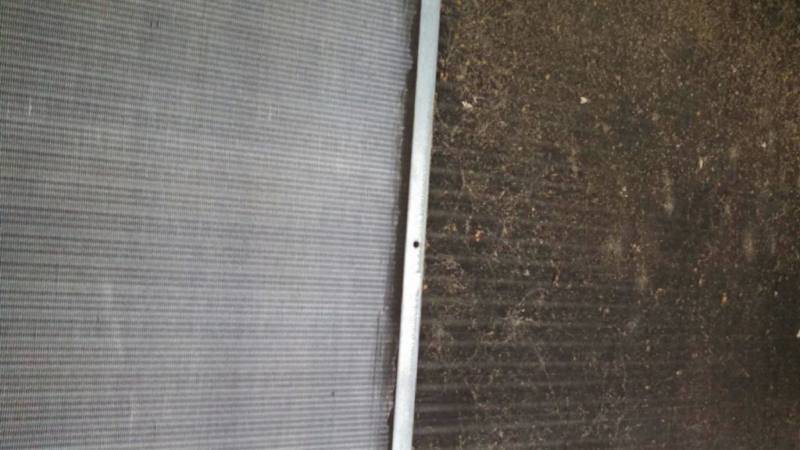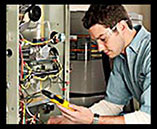If your commercial building’s air conditioner system breaks down, you could soon see a negative impact on your bottom line. Unplanned and expensive repairs can have an unwelcome effect on both sides of the overhead-and-income equation. Here are some of the ways that regular maintenance can keep your commercial A/C system working at its best throughout an extended lifespan.
Prevent dirt and debris from lowering efficiency or causing breakdowns
There are numerous entry points where dirt and debris can get into your commercial air conditioning system. Air filters, evaporator coils, and drain lines are all susceptible to build-ups of dust, dirt, and other types of airborne particles. Your drain lines can also be affected by the growth of mold or mildew, which carries the potential to cause a health hazard.
When any one of these areas gets clogged, even by a small degree, it can prevent your system from running efficiently. This can do more than just raise your energy costs; it can result in a shortened lifespan or lead to a costly breakdown repair for your system. Regular maintenance is an effective preventive measure, and an experienced technician knows where to check for potential clogs.

Maintain the proper refrigerant level to avoid frozen coils and compressor problems
If the refrigerant in your commercial system falls below the manufacturer’s recommended levels, it can limit the amount of heat that can be absorbed from your building and cause evaporator coils to freeze over. An ice build-up on a system coil could eventually prevent your A/C from doing its job of cooling things off. Low refrigerant levels can also damage the compressor by causing it to overheat.
Although you may be able to run your air conditioning for a short while with less than the required amount of refrigerant, it could also be the lead-up to a major system failure. This can be avoided by regularly checking the refrigerant level against what the manufacturer recommends. During a maintenance visit the level will be checked, re-charged if needed, and the system looked-over for leaks.
Check for electrical issues or other faulty components
A commercial building’s air conditioner system can be a highly complex arrangement; electrical components and settings controls can be spread out over several floors, rooms, and departments. There can be quite a few wiring units, circuit breakers, and capacitors involved and when one of these stops working or operates inconsistently, the entire system could be affected. A faulty capacitor can damage a system motor, for example, and serious problems could develop from corroded or frayed wiring.

When preventive maintenance is skipped, some electrical components may show no signs of malfunctioning until the affected parts actually break down and cause system issues. This is one of the main benefits of preventive maintenance: determining where a breakdown is developing and taking proactive steps before it happens. Considering the complexity of an A/C system designed to service an entire commercial building, regular maintenance which includes tightening connections, checking wiring, and replacing older components can go a long way toward keeping things running smoothly and extending system life.
Get the most out of a preventive maintenance check
How much benefit is gained from a regular maintenance visit can depend on the knowledge and experience of the technician and what steps are taken. Some of the preventive measures that should be performed include the following:
- Inspect entire system for performance, functionality, and safety
- Check refrigerant levels and look for and repair leaks
- Lubricate all moving parts
- Check and change air filters
- Calibrate thermostats
- Check all indoor and outdoor coils
- Inspect and test all electrical wiring and components
- Check for potential and developing clogs
The merits of regular maintenance can be easily seen when A/C system life is extended, energy costs are reduced, and customers keep returning to your place of business.
Guest Blog Provided By: Lauren Anderson, the HVAC content specialist at Wagner Mechanical, a professional heating and air conditioning company serving Albuquerque and Santa Fe, NM. Lauren has been studying Construction Management and enjoying HVAC writing that helps homeowners and commercial businesses gain a deeper insight about various HVAC topics.
